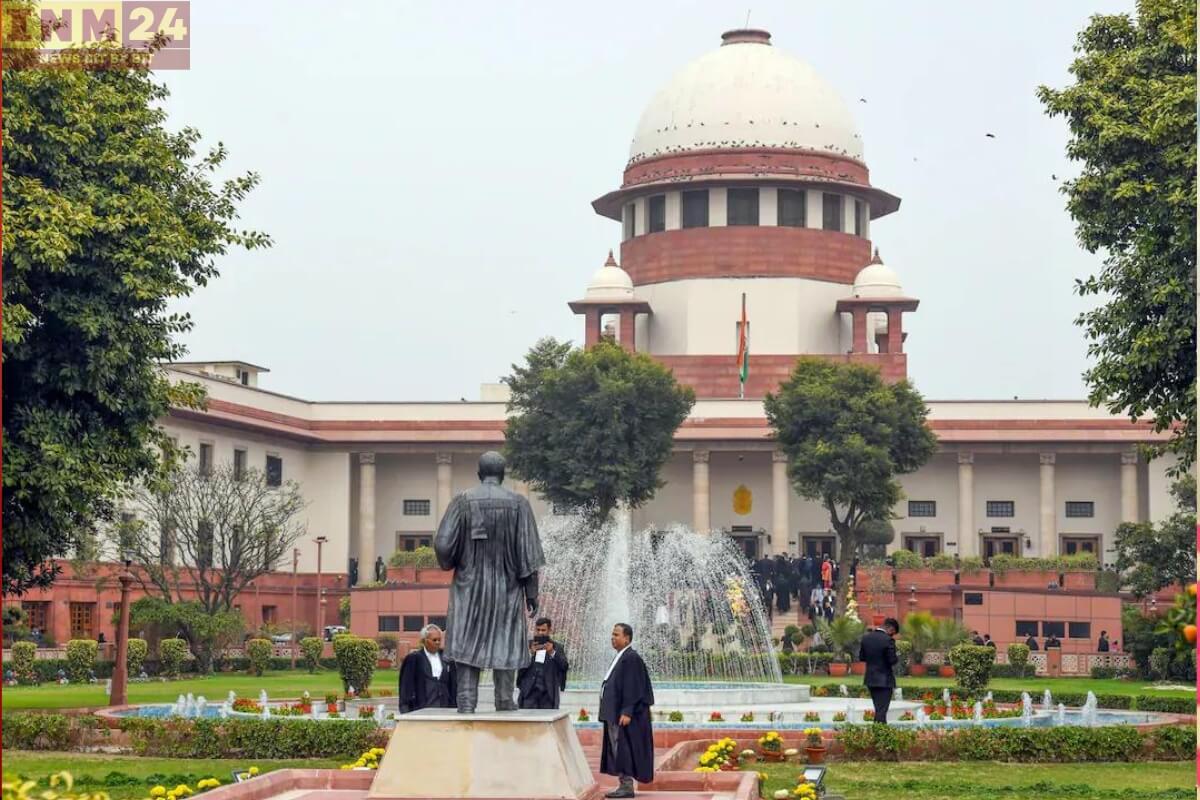In a significant legal development, the Supreme Court is set to deliberate on the State Bank of India’s (SBI) request pertaining to the Electoral Bonds case. The outcome of this hearing holds implications for the transparency and integrity of political funding in India, making it a matter of considerable public interest.
Examining the Electoral Bonds Scheme: Privacy vs. Transparency
The Electoral Bonds scheme, introduced in 2018, allows individuals and corporations to make anonymous donations to political parties through designated banks. While proponents argue that this mechanism enhances privacy for donors and prevents victimization, critics raise concerns about its potential to facilitate opaque political funding and undermine democratic principles.
At the heart of the current legal proceedings is the SBI’s plea seeking permission to accept and process Electoral Bonds ahead of upcoming state assembly elections. The bank’s request comes against the backdrop of previous court rulings and ongoing debates regarding the legality and transparency of the Electoral Bonds scheme.
The Supreme Court’s decision on SBI’s request is eagerly awaited, as it could have far-reaching implications for the conduct of political fundraising and electoral integrity in India. The court’s ruling will be closely scrutinized by political parties, civil society organizations, and the general public, all of whom have a vested interest in ensuring transparency and accountability in the electoral process.
Furthermore, the Electoral Bonds case underscores broader concerns about the influence of money in politics and the need for robust regulatory mechanisms to safeguard democratic principles. Transparency and accountability are fundamental pillars of a healthy democracy, and any system of political funding must be subject to rigorous scrutiny to prevent abuse and corruption.
Supreme Court’s Deliberation on Electoral Bonds: Balancing Democracy and Law
As the Supreme Court convenes to consider SBI’s request in the Electoral Bonds case, it faces the weighty task of balancing competing interests and upholding the principles of democracy and rule of law. The court’s decision will have significant ramifications for the future of political finance regulation in India and the broader democratic landscape.
Regardless of the outcome, the hearing serves as a reminder of the importance of judicial oversight in ensuring the integrity of electoral processes and upholding democratic norms. In a country as vast and diverse as India, the judiciary plays a crucial role in safeguarding the rights and liberties of citizens and preserving the sanctity of democratic institutions.
As citizens await the Supreme Court’s verdict, the Electoral Bonds case remains a focal point of debate and discussion, reflecting the ongoing struggle to reconcile competing interests and values in the realm of political finance. Ultimately, the court’s decision will shape the contours of political funding and accountability in India for years to come.
